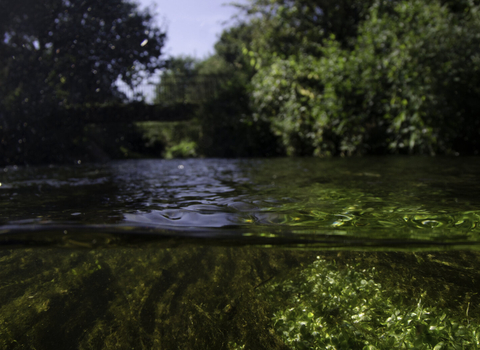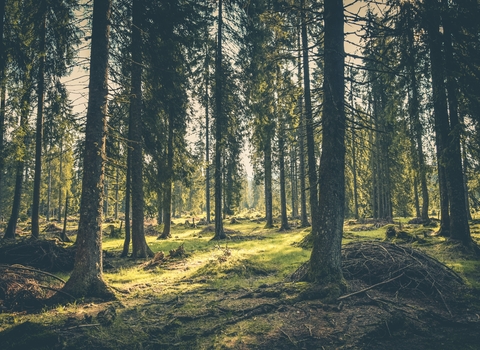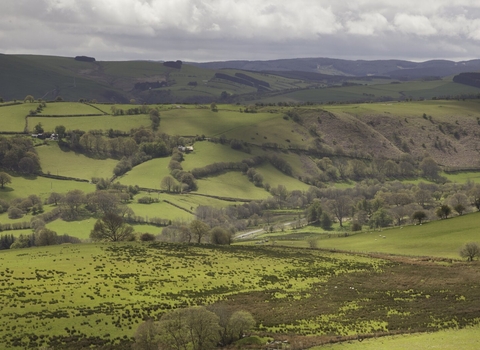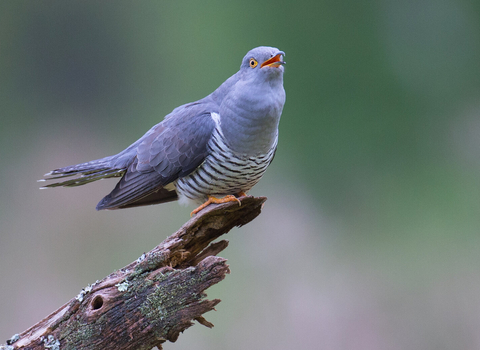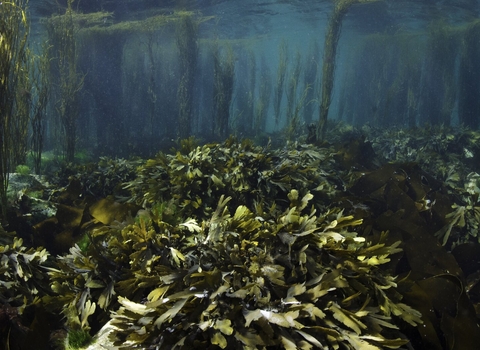It’s been a hard year for everyone, including our planet. With floods and droughts on the rise and a less than inspiring outcome from COP26 it’s easy to see why so much of the common messaging is laden with negativity. It can be hard to be positive when faced with a crisis.
It is true we are facing dual crises. Both our climate and nature are at risk if we don’t take urgent action. Despite this, 2021 has offered some positive outcomes for nature and wildlife in Wales.
A brighter future for Welsh rivers
We kicked off the year with some good news for our rivers! In January, the Welsh Government announced the introduction of the Water Resources (Control of Agricultural Pollution) (Wales) Regulations 2020. These new rules put agricultural best practice into legislation. This includes preventing farms in Wales from spreading slurry on their fields from mid-October to the start of February. This lessens the chance of it being washed into our rivers and streams and wreaking havoc on wildlife.
BBC presenter, Iolo Williams said: “This is great news for Welsh rivers and is long overdue. I wholeheartedly support any measures that will help improve the quality of Welsh rivers for wildlife and for people.”

